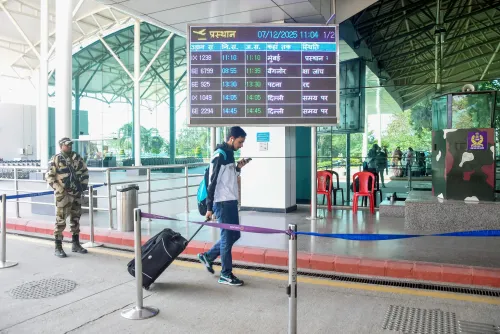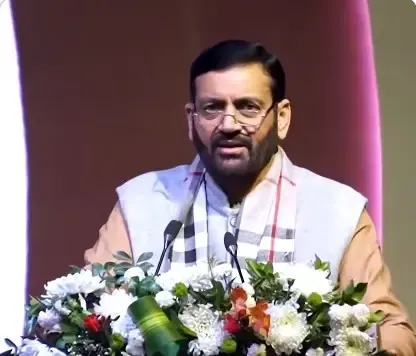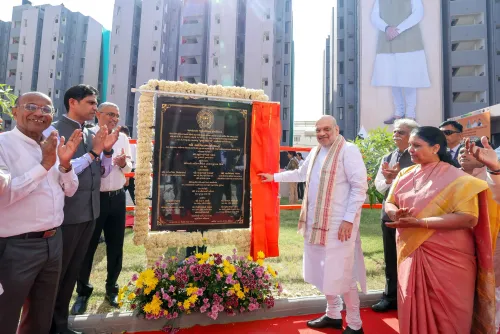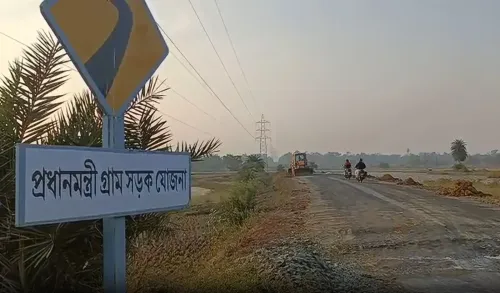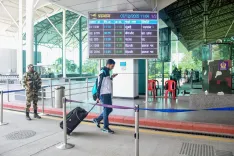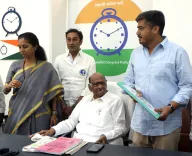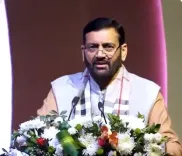AFSPA Lifted from Dibrugarh District by CM Sarma

Synopsis
Key Takeaways
- AFSPA lifted from Dibrugarh district.
- Continues in Tinsukia, Sibsagar, and Charaideo.
- Efforts to enhance Dibrugarh as a secondary capital.
- Reduction of AFSPA coverage ongoing.
- Peace accords signed with multiple insurgent groups.
Guwahati, March 27 (NationPress) Assam Chief Minister Himanta Biswa Sarma announced on Thursday that the Union Home Ministry has removed the Armed Forces Special Powers Act (AFSPA) from the Dibrugarh district.
AFSPA provides the armed forces with significant powers in areas deemed "disturbed," enabling them to perform searches, make arrests, and utilize force when necessary to uphold public order.
Although it has been lifted from Dibrugarh, the Act continues to be enforced in the districts of Tinsukia, Sibsagar, and Charaideo.
During a press conference in Guwahati, CM Sarma emphasized the ongoing reduction of AFSPA's reach throughout Assam.
"Previously, the entire state was under AFSPA. The Centre has systematically limited the regions where the act applies. Today, the Union Home Ministry has decided to rescind the 'disturbed area' status for Dibrugarh, leaving just three districts subject to AFSPA. We plan to further decrease this in the near future," stated the Chief Minister.
The state government recently revealed intentions to enhance Dibrugarh town, a vital center for Assam's tea industry, making it the state's secondary capital alongside Dispur.
CM Sarma noted that the abrogation of AFSPA is expected to positively impact the district's development.
Initially imposed across Assam in 1990 during a surge in insurgent activities led by the United Liberation Front of Asom (ULFA), AFSPA has been renewed every six months, with periodic assessments resulting in the gradual removal of certain areas based on the current security landscape.
Previously, CM Sarma stated that peace and stability have become integral to the state in recent years, as significant militant groups have embraced the mainstream, abandoning violence.
Since 2021, the Assam government, in collaboration with the Centre, has inked four peace agreements with various insurgent groups, including Karbi insurgents, Adivasi outfits, the Dimasa militant group, and ULFA.
Furthermore, he mentioned that the peace accord signed in 2020 with the Bodo militant group, the National Democratic Front of Bodoland, resulted in the surrender of approximately 9,583 cadres.
"Additionally, the areas under AFSPA have been reduced in Assam, with only four districts remaining subject to the Act," CM Sarma remarked.
He affirmed, "Over the last three years, thanks to our government's ongoing efforts and active support from the Union government, peace and stability have become enduring characteristics of the state."
"Almost all major militant factions have surrendered and integrated into the mainstream to foster a Viksit Assam," the Chief Minister concluded.


